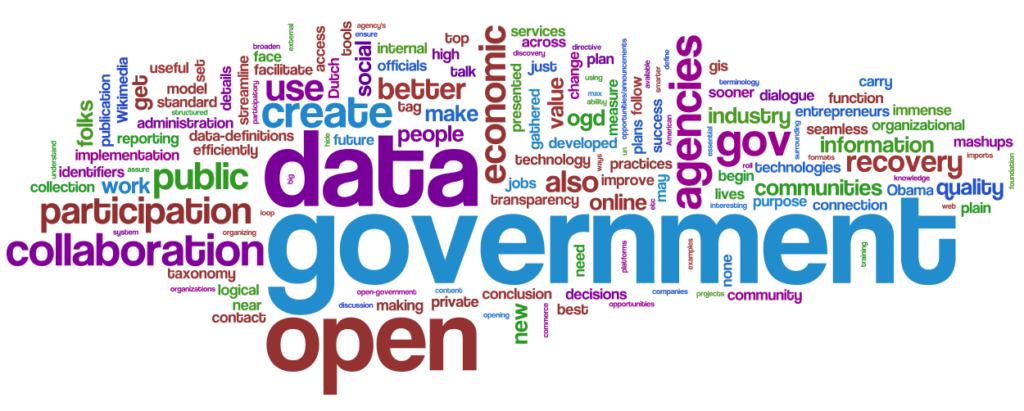(Austin, TX) // Today, Austin Tech Alliance and Open Austin released a joint policy agenda reflecting the two organizations’ efforts to encourage greater data transparency from the City of Austin in 2018. These priorities are in keeping with the city’s Open Government Partnership Action Plan, which includes adopting broader open government efforts and furthering transparency in public meetings.
“Austin Tech Alliance is excited to partner with Open Austin on this advocacy agenda,” said David Edmonson, executive director of Austin Tech Alliance. “Open, accessible data is an essential part of making data-driven decisions and using tech as a tool to help solve civic challenges.”
“In the past few years the City of Austin has been very effective in making open data about city operations accessible to constituents,” said Matt Carey, Policy Lead for Open Austin. “We hope this agenda will be a guideline for deepening that commitment to transparency.”
Austin Tech Alliance and Open Austin are urging the City of Austin to take the following four actions:
Make City Council meeting agendas and vote data more accessible
What: City Council agendas and minutes should be easily navigable and searchable with persistent ID codes for items that come under consideration in multiple meetings and public meeting information for each phase of decision making. Council members’ votes should be released in an open data format.
Why: With improved navigation and ease of accessing vote histories, residents will better be able to follow an issue or specific policy debate as it progresses through the policy making process.
Support researchers’ access to raw data from city surveys
What: Survey data, such as the City of Austin Community Survey, should be made publicly accessible in appropriate formats, including raw data, data maps, questionnaires, and details about survey methodology. Survey data should include demographic questions but not capture any personally identifiable information, preserving the anonymity of individual respondents. For instance, when the city uses an online platform for public deliberation about the city budget, anonymized feedback captured by the tool should be downloadable as open data for analysis by the public.
Why: Transparent survey methods and data can help to determine whether the survey reached a representative sample of respondents. Researchers might also use them to determine whether the results can be merged together with other datasets to support a larger study, such as a study comparing community services in multiple cities.
Publish data used to produce the greenhouse gas emissions inventories under the Austin Community Climate Plan
What: The City should release the data underlying the Community Climate Plan Progress Updates and the City’s calculated progress on its goal of net-zero community-wide greenhouse gas emissions by 2050. This could include site-specific estimates of energy consumption or resulting emissions, or estimates of the emissions reductions from implementing efficiency programs at particular sites.
Why: Disclosure would give residents enough information to evaluate the city’s estimates of the amount of emissions avoided by various categories of efficiency programs. It would also help evaluate the city’s projections of future emissions and identify emissions policy priorities for the future.
Publish lobbyist activity reports and registration data
What: The lobbyist registration dataset on the city data portal at data.austintexas.gov was recently modified to delete most records prior to 2017 and omit the names of the clients that hired the lobbyists. The city should restore access to those records. Also, recent lobbyist activity reports are now available online only in PDF format. The city should extract the contents of those reports and post them on the data portal.
Why: Disclosure of lobbying datasets allows public access to information showing who is influencing decision makers, providing residents with a more complete picture of the public policy process.
About ATA and Open Austin
Austin Tech Alliance and Open Austin are both local nonpartisan nonprofits. Austin Tech Alliance promotes civic engagement in Austin’s tech sector, and Open Austin works to facilitate open government, open data, and civic application development.
Contact
info@austintech.org: David Edmonson, ATA Executive Director
info@open-austin.org: Matt Carey, Open Austin Policy Lead

